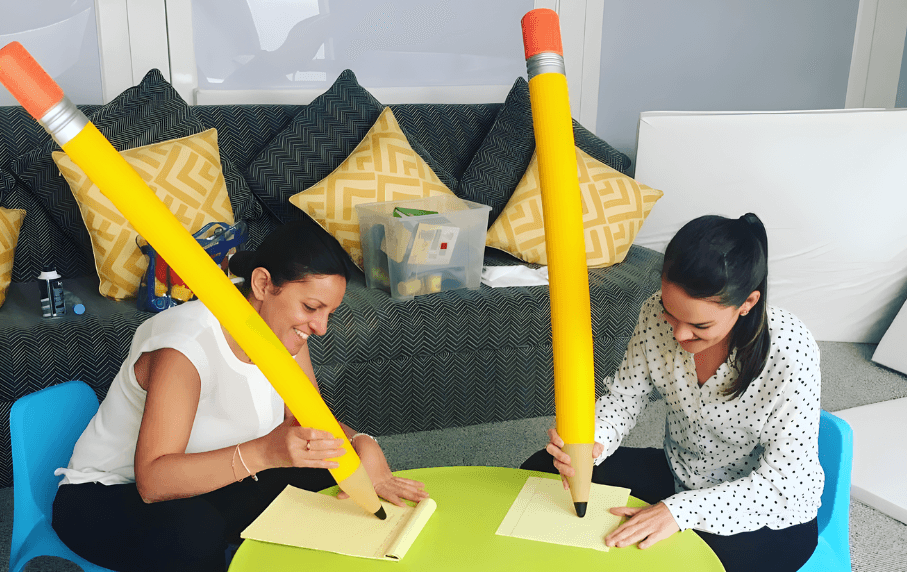
While most of us experience increased joy and happiness during the end-of-year celebrations, the holidays can be stressful for special needs children. Crowded spaces, flashing lights, lots of noise, meeting strangers, hugging, change in routine, and sheer chaos can be a recipe for stress and sensory overload for them, at this otherwise happy time.
As the parent, guardian, or caregiver of special needs child, you will need to be flexible with your ideas of what your family’s holiday celebrations should look like. The ritual and traditions you remember from your childhood may not be the best choices for your own child. Instead, think of holiday gatherings as an opportunity to create new memories and fresh traditions for your family.
When you have a child with special needs, a bit of stress management planning can go a very long way toward making your holiday celebrations enjoyable for all involved.
With a huge “Thank you” to Lori Lite a StressFreeKids.com, we offer these stress-reducing holiday tips for special needs families:
Needless to say, these tips for enjoying a stress-free holiday season will be helpful to virtually anyone and everyone who finds traditional end-of-year celebrations challenging. However, it is particularly important to remember just how the holidays can be stressful for your special needs child – and take steps to relieve that stress for them.